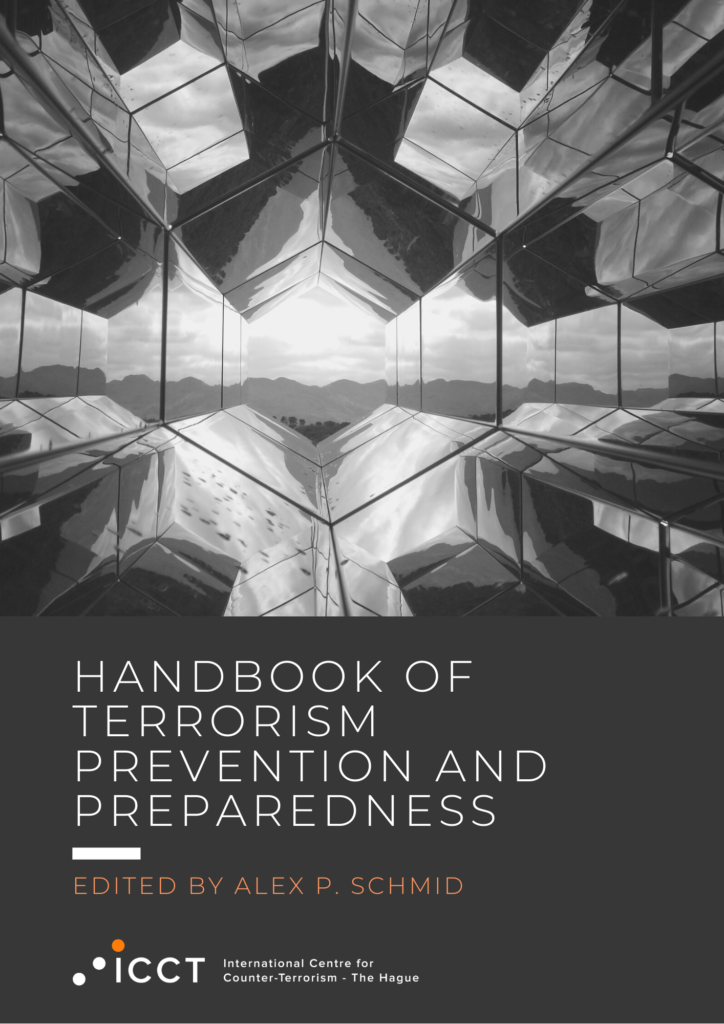
This Handbook offers more than a thousand pages of a comprehensive overview of current thinking on alternative approaches to countering terrorism, based on anticipation and the reduction of risk factors. Informed by insights from criminology, counterinsurgency and conflict studies, as well as analysis of politicides, factors contributing to radicalization, violent extremism and terrorism, are explored. Three levels of prevention are introduced:
- Upstream prevention: reducing the risk of the formation of a terrorist
group or organization; - Midstream prevention: reducing the risk of such a group or organization
being able to prepare a terrorist campaign; and - Downstream prevention: reducing the risk of execution of individual
terrorist operations by foiling and deterring these
Preparedness is conceptualized as taking proactive and pre-emptive
measures to reduce risks and threats and, if that turns out to be insufficient,
reduce the negative impact of terrorist attacks through a set of planned
precautionary measures aimed at strengthening governmental readiness and
societal resilience.
>>>Should readers inquire about the full article, please contact us at mycveguide@gmail.com OR at ICCT

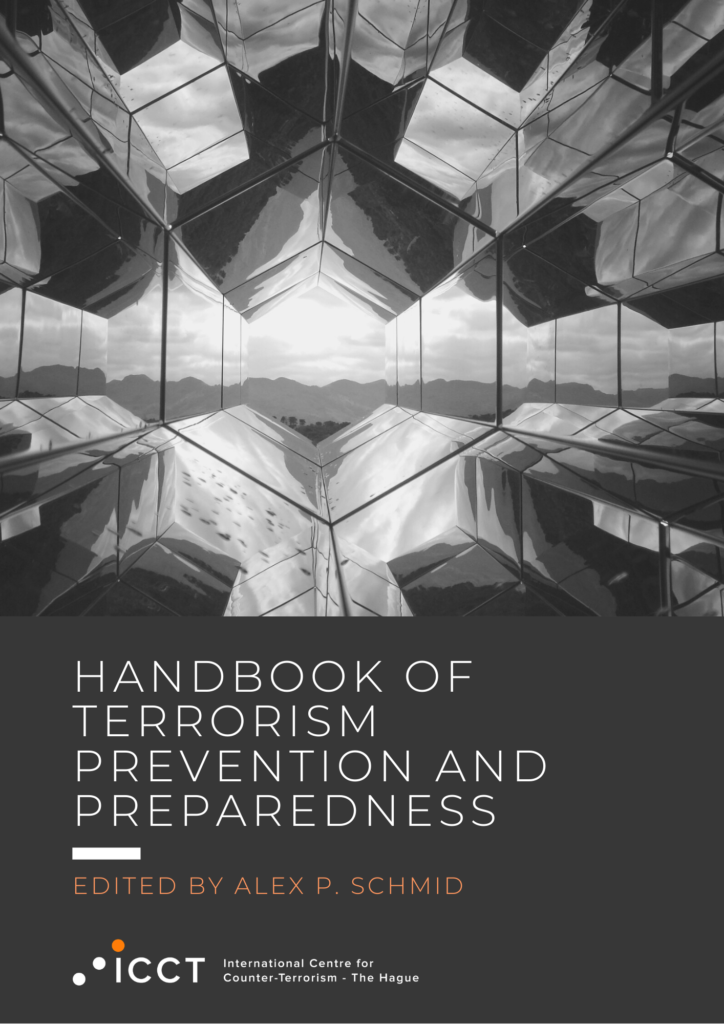



 Users Today : 0
Users Today : 0 Total views : 9979
Total views : 9979
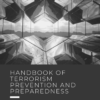

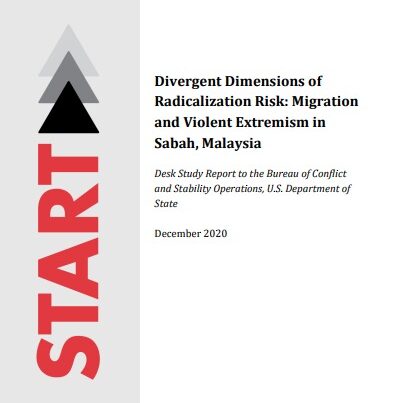
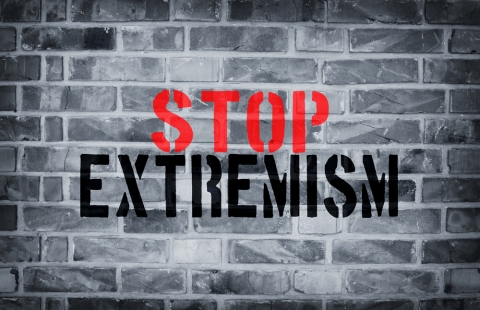

Recent Comments